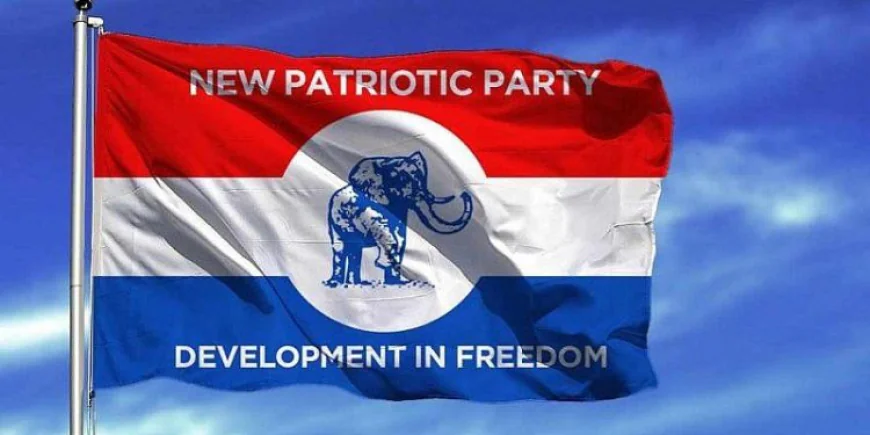NPP Delegates Reject Key Constitutional Amendments on Youth Definition, Electoral Supervision
No Change: NPP Sticks to 40-Year Youth Limit, Local Oversight

Delegates of the New Patriotic Party (NPP) have overwhelmingly rejected two major constitutional amendment proposals during the party’s National Delegates Conference held on Saturday, 19 July, at the University of Ghana Stadium in Accra.
The proposals, which sought to redefine the party’s youth age bracket and alter the structure of electoral oversight, were among 56 motions derived from over 300 suggestions submitted nationwide. Over 5,000 delegates attended the event, which was themed “Rebuilding Together with Our Values.”
A major flashpoint was Motion 54, which proposed amending Article 15(4) of the NPP constitution to redefine a “youth” as a party member not above the age of 35 years. The current constitution pegs the youth age ceiling at 40.
Presenting the motion, Chairman of the Constitutional Amendment Committee, Frank Davies, said the goal was to align the party’s definition with international standards. Information Minister Kojo Oppong Nkrumah supported the motion, citing definitions by global institutions like the UN, WHO, UNICEF, and the African Youth Charter, all of which set youth limits at or below 35.
“The age limit for youth according to all the international conventions and laws shows that the highest is 35,” Oppong Nkrumah said.
However, the motion was roundly defeated by a loud voice vote of “NO,” preserving the existing definition and eligibility of current youth leaders. “The ‘No’ has it,” declared Chairman Davies, confirming the rejection and the retention of the 40-year ceiling.
Also shot down was Motion 17, which aimed to amend Article 7(30) of the party’s constitution by transferring the supervision of Polling Station and Electoral Area elections from constituency executives to the Regional Executive Committee.
Proponents argued that regional oversight would remove conflicts of interest, since constituency officers are closely involved in compiling voter albums used in internal elections. The motion proposed appointing independent supervisors to enhance fairness.
Yet again, delegates resisted the change, insisting that local supervision ensured stronger grassroots accountability. The motion was dismissed through another voice vote.
These decisions signal a strong preference among the party’s base for maintaining traditional structures and definitions, especially as the NPP charts a course forward following its 2024 electoral loss.
With over 50 motions considered, the conference was a critical moment for the party to assess its internal operations and future strategy ahead of the next election cycle.


